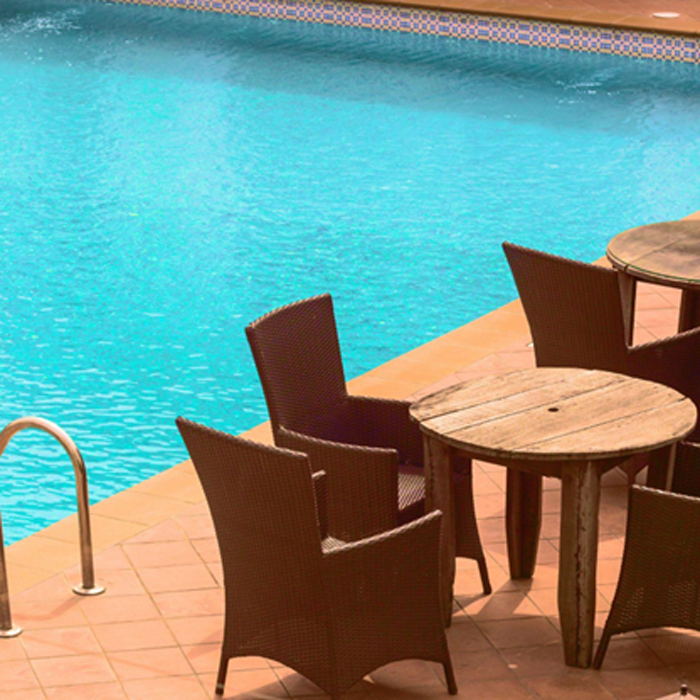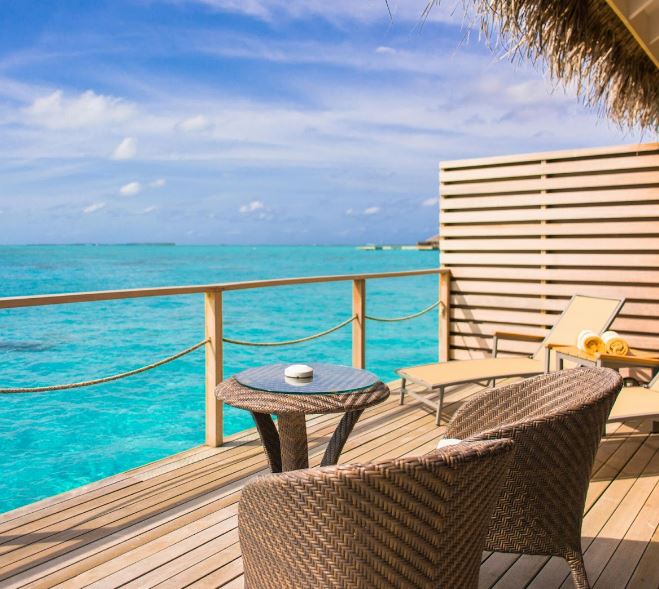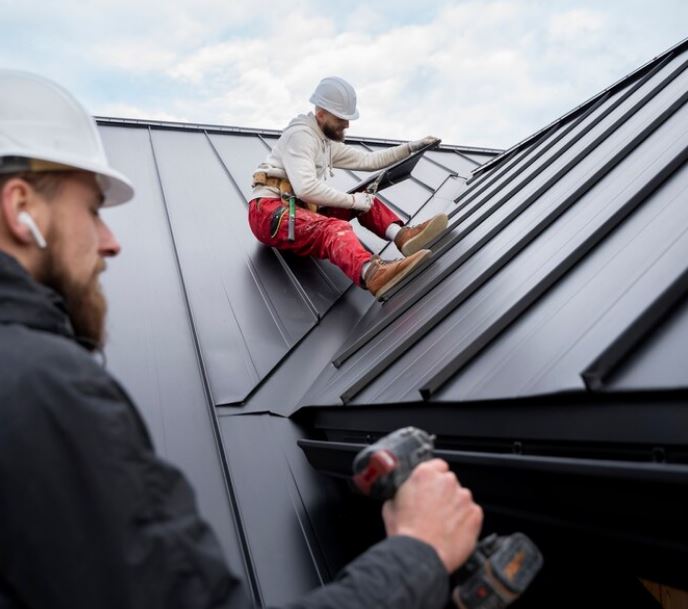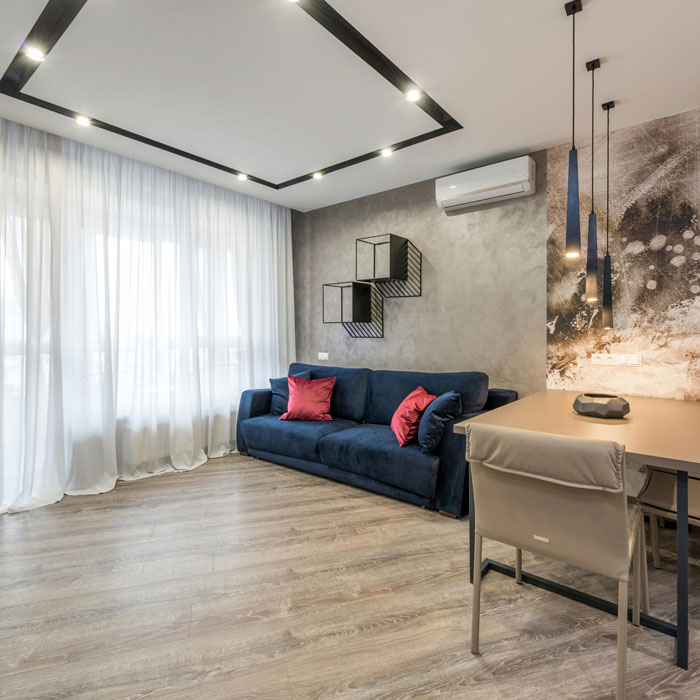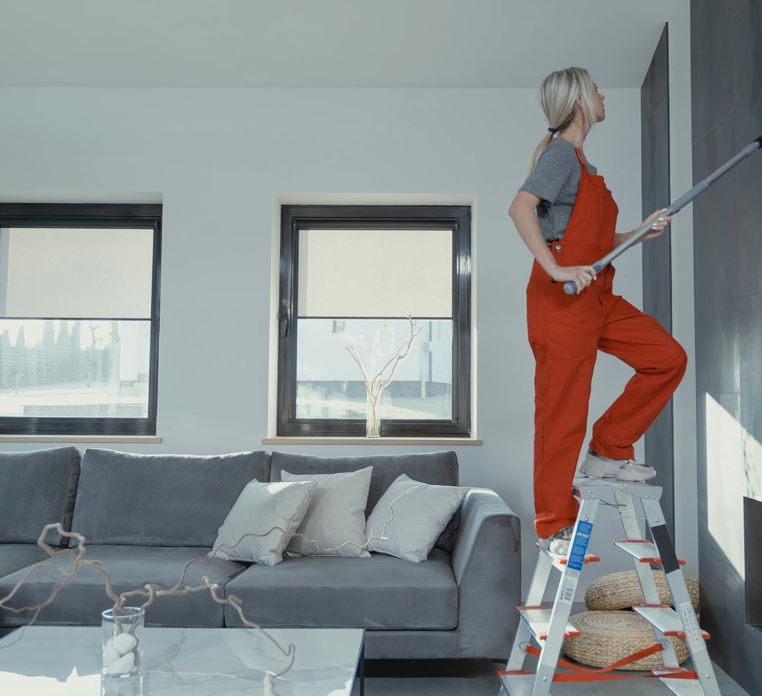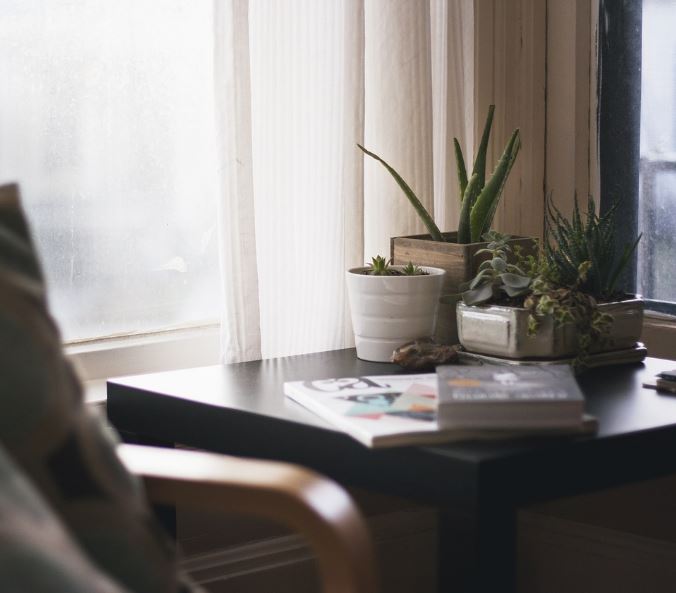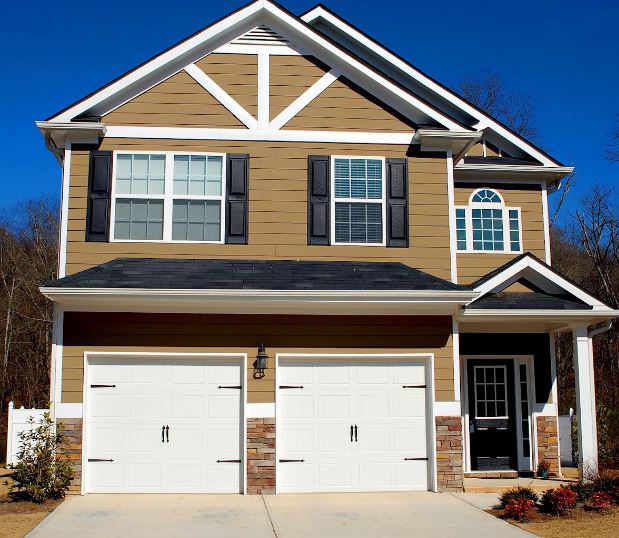- Define your pool’s purpose to guide design decisions, such as size, shape, and features.
- Choose a location that maximizes sun exposure, privacy, and complements your yard.
- Balance style and functionality with design elements like shape, materials, and extra features.
- Work with a professional custom pool builder to ensure a smooth installation and personalized design.
Designing a pool that fits seamlessly into your home’s outdoor space can be both exciting and challenging. From picking the perfect location to choosing the right features, there are many factors to consider. Homeowners often struggle with how to balance aesthetics, functionality, and budget when starting a pool project. In this blog, we’ll explore key steps in pool design, including working with professionals and making informed decisions. By the end, you’ll have a clearer vision of how to transform your backyard into a stunning oasis through custom pool installation. Ready to dive in? Let’s get started!
Identifying Your Pool’s Purpose
Before diving into the details of pool design, the first step is determining what you want your pool to be used for. Are you looking for a space to relax and entertain guests, or is the pool primarily for fitness and exercise? Perhaps it’s a combination of both. Defining the purpose of your pool will help guide key design choices, such as the size, depth, and special features like tanning ledges or lap lanes.
For instance, a family pool may include shallow areas for children, while a pool focused on exercise might emphasize length and streamlined shapes for swimming laps. By clarifying your pool’s primary function, you ensure that the design fits your lifestyle and adds lasting value to your home. It’s about more than just aesthetics—it’s about creating a space that suits your unique needs.
Choosing the Right Location
Once you know what kind of pool you want, the next step is selecting the best location for it in your yard. The right spot can make all the difference in maximizing both usability and visual appeal. Consider factors like sun exposure, nearby trees, and how the pool will fit into the overall layout of your outdoor space. A sunny spot will keep the water warm, while natural shade can create a cool, relaxing area around the pool.
It’s important to also think about privacy. Positioning your pool away from neighbors’ sightlines or adding landscaping elements like hedges or pergolas can create a more intimate setting. If you’re working with professionals for custom pool installation, they can offer valuable insight on the best placement for long-term durability and convenience. Proper planning upfront ensures that your pool complements your yard and avoids potential issues down the road, such as tree roots or excessive debris.
Designing with Style and Functionality
Now that you’ve chosen the purpose and location, it’s time to focus on the design elements that will make your pool both stylish and functional. Pool shape plays a significant role in how it complements the overall aesthetic of your outdoor space. Do you prefer clean, modern lines with a rectangular design, or are you drawn to freeform pools that have a more natural, organic feel?
Beyond the shape, materials also play a key role. Finishes like pebble, tile, or quartz can give your pool a luxurious look while being practical in terms of durability and maintenance. Don’t forget about extra features that enhance both form and function, like built-in seating, infinity edges, or waterfalls. Lighting is another essential element, adding both safety and ambiance during nighttime swims.
Balancing style with practical features ensures your pool will not only look incredible but also meet the everyday needs of your household. After all, a pool that looks great but isn’t functional for your lifestyle can quickly become a missed opportunity.
Budgeting for Your Pool Project
Designing the perfect pool requires thoughtful planning—not just creatively, but financially. It’s important to set a realistic budget that accounts for all aspects of the project, from materials to labor and permits. Pool construction is a significant investment, and understanding the full scope of costs will help you avoid surprises down the line.
Start by considering the type of pool you want and how much customization will be involved. For example, materials like concrete tend to cost more than vinyl or fiberglass but offer greater flexibility in design. In addition to the initial construction costs, factor in long-term maintenance, such as cleaning, chemicals, and energy usage, to keep your pool running smoothly.
Smart budgeting can also help you prioritize which features matter most. Maybe you decide to invest in high-quality materials but opt for simpler design elements. Or, perhaps you focus on energy-efficient equipment that saves you money over time. Planning your budget carefully ensures that your pool project stays on track and meets both your aesthetic and financial goals.
Working with a Custom Pool Builder
While you may have a clear vision of your dream pool, bringing that vision to life requires expertise. This is where working with a professional for custom pool installation becomes invaluable. A skilled pool builder not only has the technical know-how but also understands how to design a pool that fits your unique space, needs, and budget.
When selecting a pool builder, it’s important to ask key questions about their experience, certifications, and past projects. Do they specialize in the type of pool you want? Can they provide examples of custom pools they’ve built in similar spaces? These details can help you gauge their capabilities and whether they’re the right fit for your project.
Additionally, a custom pool builder can offer personalized solutions that you might not have considered, from innovative design features to material choices that will enhance the pool’s longevity. Ultimately, collaborating with professionals ensures that your pool installation is smooth and hassle-free, transforming your backyard into a personal retreat tailored to your vision.
Conclusion
Designing the perfect pool involves careful planning and a blend of style and practicality. By identifying the pool’s purpose, choosing the right location, considering design and functionality, setting a realistic budget, and working with an experienced custom pool builder, you can create a space that suits both your lifestyle and home.
With the right team and a clear vision, turning your backyard into a beautiful and functional oasis is easier than you might think. Ready to take the next step? Explore professional custom pool installation services to bring your dream pool to life!

